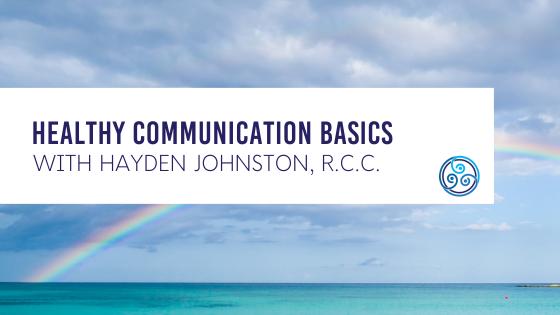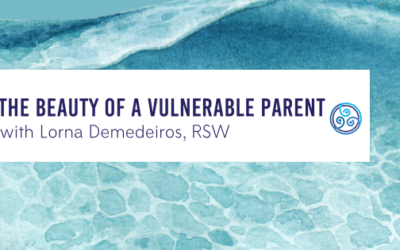Most of us could use help with our communication skills. And many conflicts end badly because we said the wrong things with our mouths and or our bodies. In fact little of what we communicate is actually with our words. You may have heard the adage that much of what we say is non-verbal – this is true! A lot of what we say is through our tone of voice, posture and eye contact. It turns out that how we say something is often more important than what we say, but the words we use do matter!
If you want to get better at communicating (who doesn’t?) and you find that you are often getting into unresolved situations in your interpersonal relationships, chances are you may be engaging in an unhelpful style of communicating. Maybe you are more passive in communicating so you shun your own needs, maybe you are aggressive and use unhealthy anger in communicating to control other people, or maybe you tend to mix these things (passive aggressive).
The goal of healthy communication is to be assertive but not aggressive. To do this, we need to focus on compassionately communicating our feelings and needs instead of burying or weaponizing them. To do this, you can follow the template below next time you have difficulty in your interpersonal relationships…
Template:
- I feel _______ (emotion)
- When you ______ (action)
- Because my ______ (need)
- Can you please ____ (request)
Example:
I feel frustrated when you don’t clean your dishes after you eat because keeping the house tidy is very important to me. Would you please be willing to put your dishes in the dishwasher after your meals?



